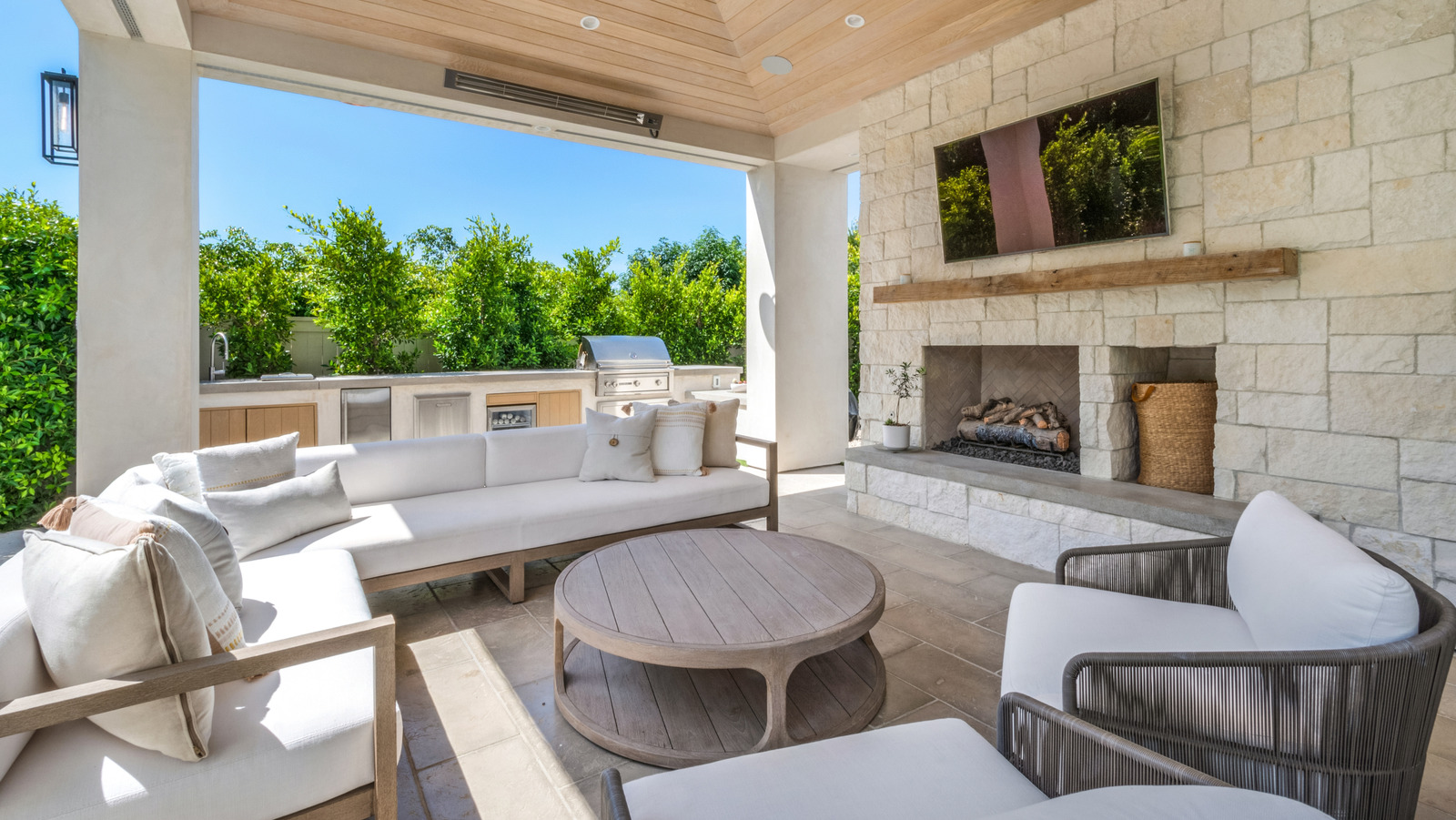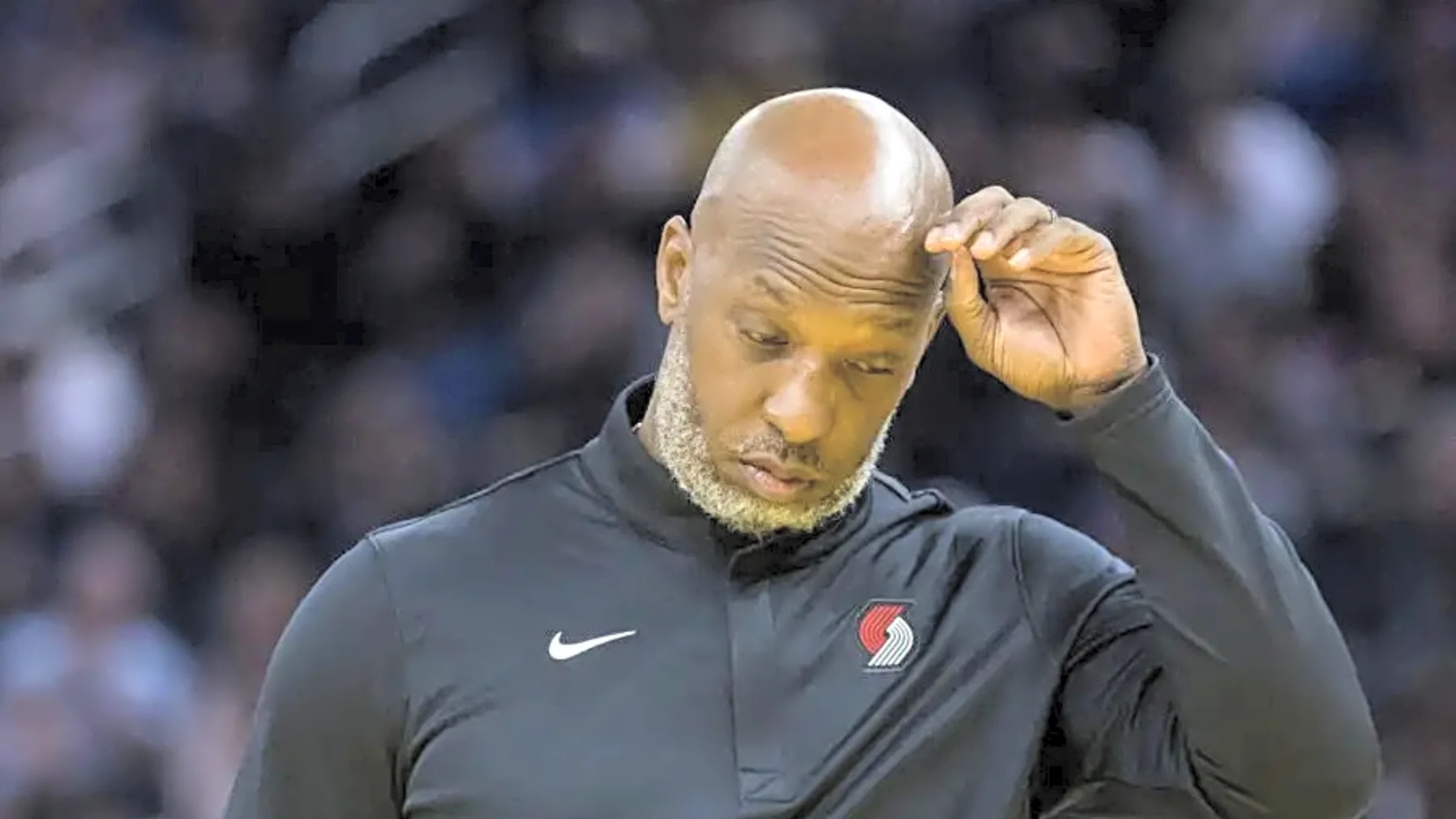Copyright SlashGear

We may receive a commission on purchases made from links. As the chilly weather closes in and snow is on the horizon (or has already hit!), you should be thinking about more than just the best winter tires for your car or which electric snow shovel will help you clear your sidewalks. Your outdoor electronics are just as susceptible to the weather as your patio furniture and your potted plants. Outdoor electronics can include security cameras and other home security devices, sprinkler systems, weather devices, smart plugs, and even outdoor TVs or entertainment systems. Even if you live in a temperate climate, any electronics kept outdoors are still susceptible to damage. Rain, pollen dust, and condensation can all cause damage along with snow and cold temperatures. Extreme temperatures can damage circuit boards, debris can block air vents, and even intense sunlight can fry electronics. Frigid air will drain batteries and damage screens, and internal components can simply stop working. Your best bet is to bring your electronics inside or store them someplace warmer, like a shed or garage. If that's not possible, you'll want to consider insulation or heating solutions, optimal placement, other storage options, and special cables. There are simple ways to keep your outdoor electronics safe and in good working order, including optimal placement in a covered area like a roof or awning. This will help protect them from the sun and rain or snow. Keeping your electronics off the ground is also a good idea and will help keep them clean and dry. If optimal placement won't do enough and you can't bring your electronics inside, consider covers or cases that are made for electronics that are kept outdoors. These containers and coverings are available for outdoor TVs, projectors, speakers, cameras, and more, and will protect your electronics from wet weather, debris, and even the cold if you choose an insulated option. You'll also want to look for a protective covering that has a good IP, or ingress protection rating, which will be even better at keeping out dust and water. You'll also want to consider a special waterproof box for your cables which, depending on the type, may also be susceptible to the cold or wet weather. These boxes are often sealed with rubber gaskets and offer enough space for your cables and a power strip. Be sure your cables are rated for outdoor use with sealed connectors. When installing outdoor electronics, you should also consider laying your wires or cables underground if possible. Not only is this less of a fire hazard, but it will protect your cables from the elements. Ultimately, you want to keep all of your electrical components as warm and dry as possible, even during inclement weather.



